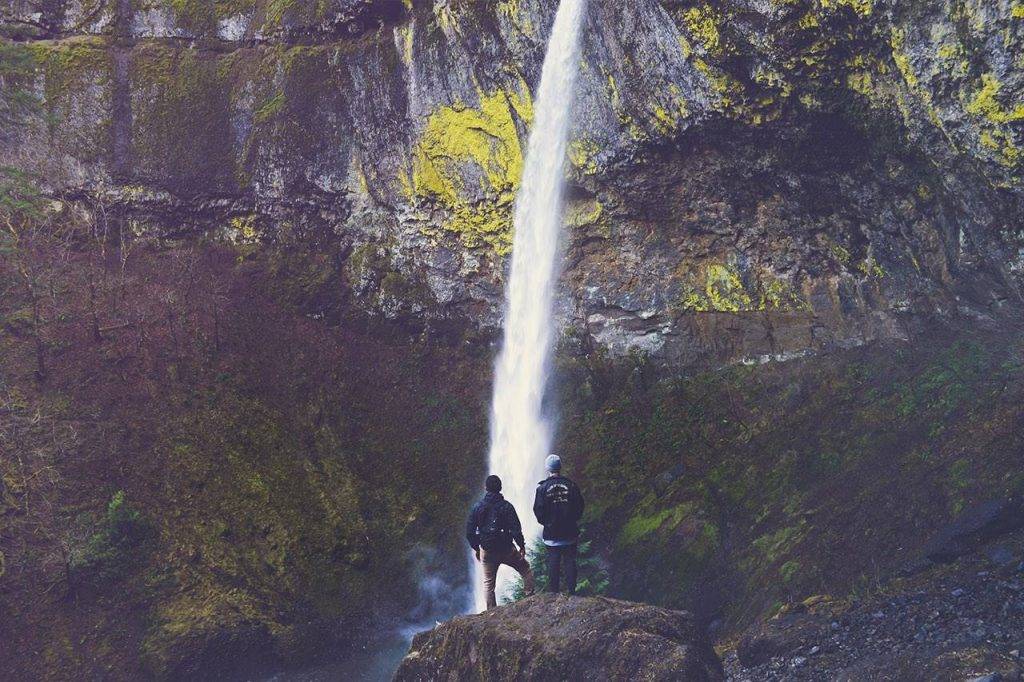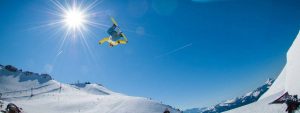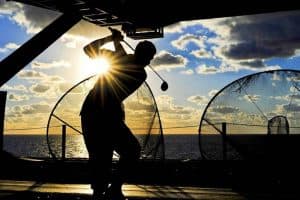Rock climbing is a sport that requires physical strength, endurance, and balance … and visual skills
Did you know that to be a successful climber, the strength of your visual skills is just as crucial as the strength of your muscles?
Your visual skills play an essential role in your ability to climb.
There are many different visual skills, some that help you to judge the distance to the next secure rock, some that help you to secure a step through, and some that help you to maintain balance and control to ensure your safety. The list doesn’t end here.
The bottom line is, without well developed visual skills, your ability to successfully reach the top of the cliff or mountain will not be easy.
This article will explain why your rock climbing skills are actually dependent on your visual skills, and help you to understand the specific visual skills necessary for a successful climb.
To improve your rock climbing, contact an eye doctor near you, who can discuss how your visual skills can be improved.
SEE RELATED: Vision for Motorsports
Which visual skills are essential for rock climbing?
- Depth perception
- Eye/hand/body coordination
- Eye focusing
- Visual–vestibular integration
1. Depth perception
Depth perception allows you to quickly and accurately judge the position and distance of objects around you.
This skill is essential for estimating the location of the next foothold, the climbers around you, your spotter at the bottom of the mountain, and the distance to your destination.
2. Eye/hand/body coordination
Eye/hand/body coordination allows you to react to incoming visual information with accurate timing and controlled movements.
This skill is essential for rock climbing, as it allows you to choose the safest route to reach the top of the mountain while avoiding loose rocks or the sudden appearance of another threat to your safety— causing you to elicit those barndoor or mantel shelf moves.
3. Eye focusing
Focusing your eyes and attention on your next foothold will allow you to accomplish that dynamic move with greater ease, as well as remain in control of your movements without losing sight of the objects and obstacles around you.
4. Visual–vestibular integration
The vestibular system controls your sense of balance and spatial orientation. This system works closely with your visual system and is essential for climbing as it allows you to maintain balance as you climb the crux— without getting dizzy.
Sports Vision Training
If rock climbing provides that thrill you seek, but you are struggling to perform to your potential, you may have a problem with your visual skills.
The good news is, with specific vision therapy, known as sports vision training, you can retrain the connections between your eyes and brain to strengthen your visual skills, and enhance your rock climbing performance.
Schedule an appointment with an eye doctor for a thorough evaluation of your vision and visual skills.
LEARN MORE: Guide to Sports Vision
Your doctor will determine which visual skills require strengthening, and can prescribe a program of vision therapy to help you gain confidence in your climbing skills and even reach greater heights.









